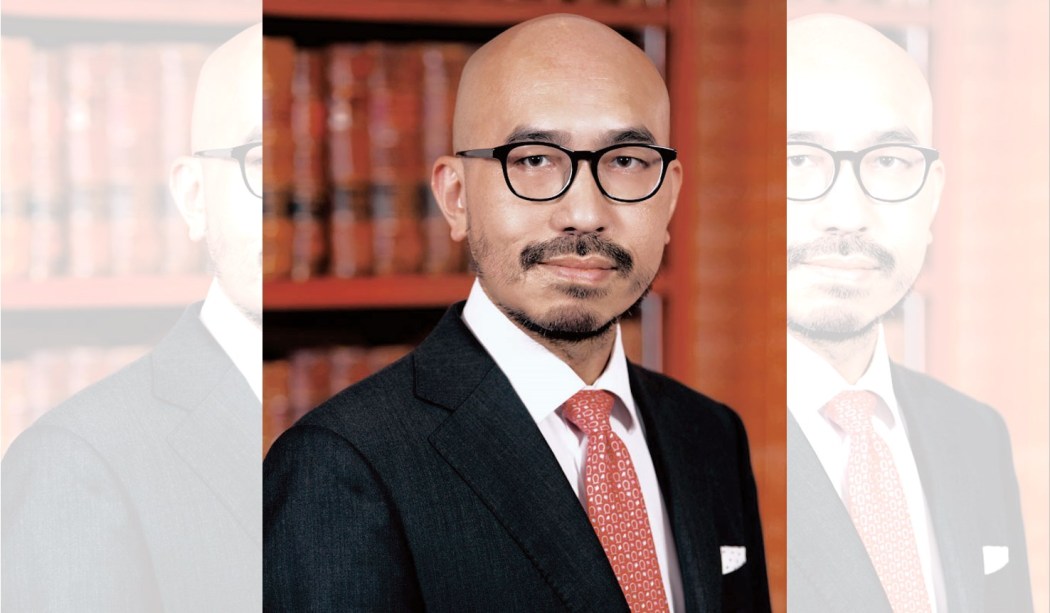Sedition charges should be tried in Hong Kong’s Court of First Instance, a lawyer representing a man charged under the colonial-era legislation has said.
Defence barrister Steven Kwan said on Monday that the District Court did not have the jurisdiction to handle the three sedition charges against his client Chan Tai-sum, who was 22 when he was first prosecuted.

In addition to the sedition charges, Chan faces one count of inciting others to take part in an illegal assembly. Kwan said the the former food delivery driver intended to plead guilty to the latter charge.
Standing in front of Judge Kwok Wai-kin, Kwan said that sedition is exempted from a rule that requires magistrates to transfer cases involving indictable offences to the District Court upon the prosecution’s request. Therefore it must be dealt with by the High Court, Kwan argued.
Kwan also argued that there were “good policy reasons” to support sedition being tried at the High Court, either with a jury or a panel of three judges, as specified in the Beijing-imposed national security law.
“In essence… sedition is an incitement of an idea, and the idea is disaffection towards the ruling power,” Kwan said.
“In view of the serious nature of the allegation, it is no surprise that… it could only be committed to the High Court for trial, to be determined by a jury… and/or after the enactment of NSL, by a panel of three judges, in the Court of First Instance.”

A similar matter was raised during the sedition case against activist Tam Tak-chi. The national security judge presiding over that case, Stanley Chan, ruled that the District Court had the authority to handle cases under the colonial-era law.
Kwan refuted Chan’s reasoning on Monday and said that the ruling was not binding to the District Court.
Kwan said that Chan had taken a provision laid out in the national security law – that the Magistrates’ Courts, District Court, High Court, and the Court of Final Appeal can handle national security cases – too “literally.”
The barrister argued that had Chan ignored a statement saying that proceeding still had to be handled “in accordance with the laws of the Hong Kong Special Administrative Region.” On that basis, Kwan said, sedition cases should be handled in the High Court as set out in the Magistrates’ Ordinance.

However, the prosecution, represented by Acting Deputy Director of Public Prosecutions (Special Duties) Anthony Chau, argued that sedition was not an indictable offence and therefore the prosecution’s application to have the case handled in the District Court was valid.
Chau also rejected Kwan’s argument that not all offences under Section 10 of the Crimes Ordinance were offences endangering national security.
The prosecution cited a Court of Final Appeal Judgement and said that all offences under section 10 of the Crimes Ordinance, which included publications of seditious materials, uttering seditious words, and doing acts with seditious intentions, were crimes concerning national security.
Chau also argued that the national security law allows relevant cases to be dealt with at courts of different levels.
After hearing submissions from Kwan and Chau, Kwok said that he would need a month to write up his judgement, and set the next court date for August 1, depending on the court’s availability.
Support HKFP | Policies & Ethics | Error/typo? | Contact Us | Newsletter | Transparency & Annual Report | Apps
Help safeguard press freedom & keep HKFP free for all readers by supporting our team
























